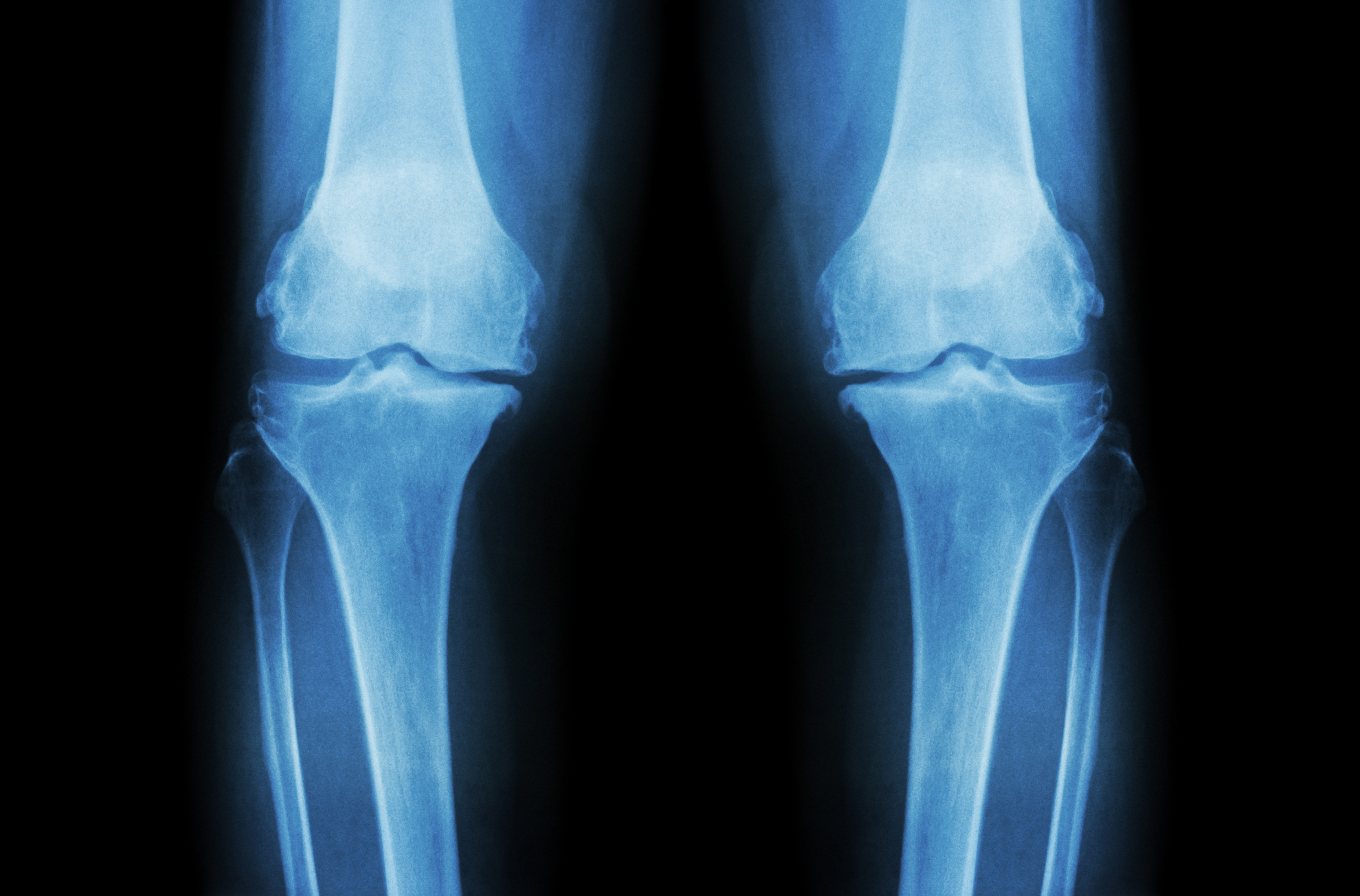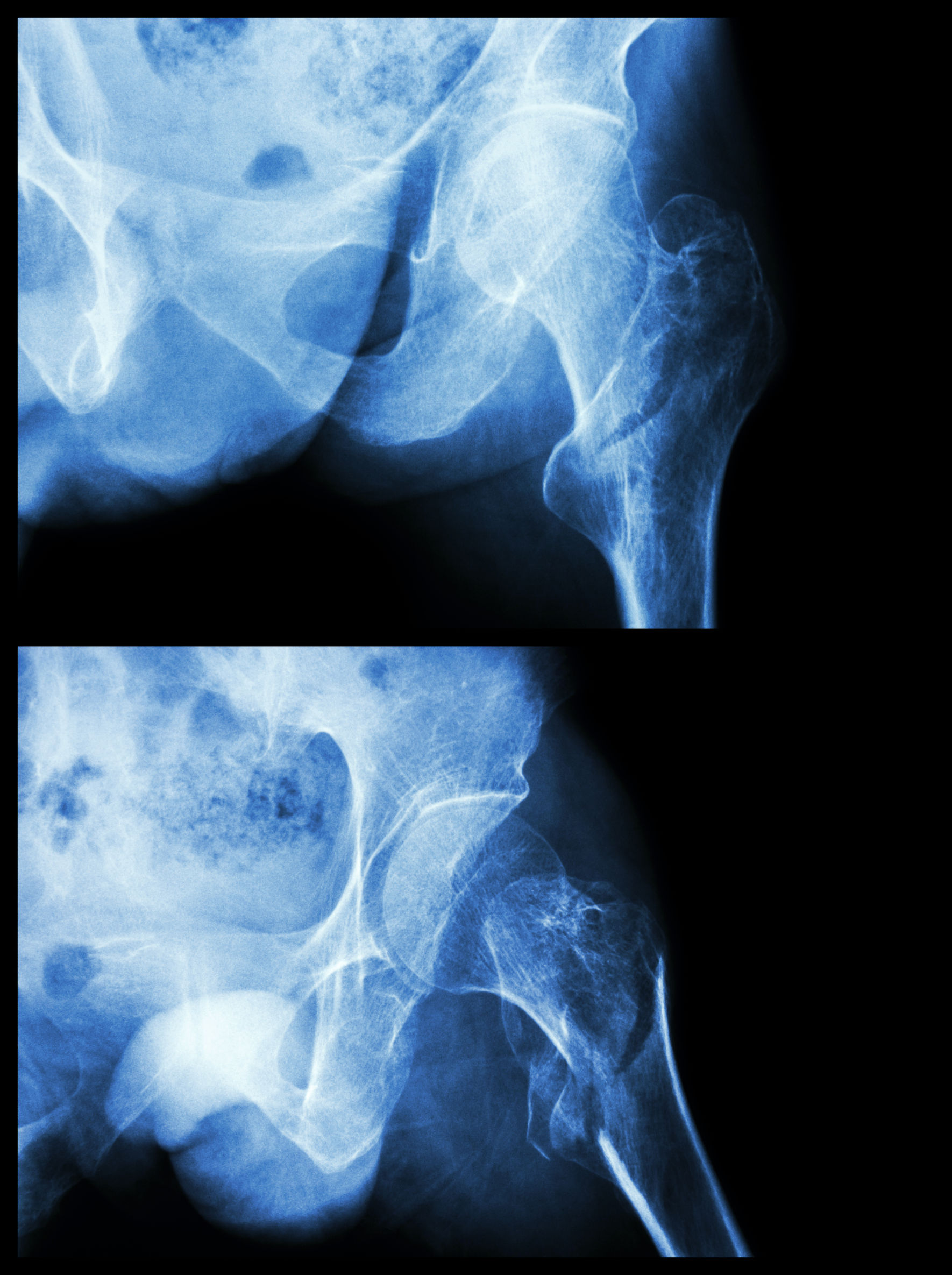All about osteoporosis
Do you take your bones for granted?
Bone is a living tissue, like muscle and skin it is constantly changing and adapting to the demands you make of them. It’s made up of collagen and minerals (like calcium) to give it strength and flexibility (Yes! Your bones will bend before they break!).
Part of what gives bone strength is the mineral density of the bone. You have 2 types of bone cells that constantly demolish and rebuild the structure of your bones to adapt to the demands you place on your bones. When this process is in balance your bones are usually health and strong.
Osteoporosis is the condition where your bones have a density that is lower than what is considered safe for their strength; where the “demolishing of bone density” exceeds the “rebuilding”. This can occur for many reasons from medications to diets that are low in calcium or vitamin D.
Men get osteoporosis too!
The sex hormones testosterone and oestrogen are important to the process of maintaining bone mineral density. Consequently, menopause can affect women’s bone mineral density – especially if they have other risk factors when they were younger; like smoking or excessive alcohol or coffee consumption or very restrictive dieting for example. As men age, however, the risk of decreased bone mineral density also rises due to the decline of testosterone levels. For a number of reasons this usually occurs in males much later in life than females.
What are the consequences of Osteoporosis?
Reduced bone mineral density results in the increased chance of bone fracture. Hip fractures after a fall are the most well-known type of osteoporotic fracture as are wrist fractures after a fall. However, a compression fracture of vertebrae are very common and do not require trauma or a fall to occur. This fracture will often present as very bad mid back pain and our osteopaths will consider the likelihood of this diagnosis based on your risk of osteoporosis.


How is Osteoporosis treated?
Osteoporosis is definitely one of those conditions where prevention is better than cure – in fact there is no “cure” that can reverse the effects of osteoporosis. The American College of Physicians recommends medications for osteoporosis sufferers to prevent further bone density loss. These medications have side-effects and the most commonly used medication stops the bone turnover I mentioned earlier, which seems to result in long term users being exposed to greater risk of fractures and even the death of some bone.
Calcium and vitamin D from a variety of foods or via supplements are recommended although this is most effective as a preventive measure. Surgery is an option post fracture to stabilise the spine or help bones heal.
Exercise can help rebuild bone density
One of the benefits of weight-bearing physical exercise is that it stimulates the bone cells to make stronger bone. Studies have shown that post-menopausal women can improve the bone mineral density in the hip and spine with weight bearing exercises. Weight-bearing means you must be bearing the weight of your own body as in walking or weight training – unfortunately cycling or hydrotherapy will not be effective in these circumstances. Swimming can help with spinal strength and chest expansion. Supervised exercise is considered safer to ensure the possibility of fracture is minimised for those at risk.
Another important benefit of exercise is that it can include balance training which reduces the risk of falls and therefore future fractures. Our exercise physiologists are experts trained in helping improve physical conditioning, strength and balance.
Looking after your bones
So, successfully treating osteoporosis is more a matter of avoidance or prevention. To look after your bones you need to:
- Eat a variety of foods that include calcium and vitamin D and avoid too restrictive diets that reduce your intake of these vital nutrients
- Minimise your consumption of alcohol and caffeine
- Avoid cigarette smoking
- Weight bearing exercise lasting 45-60 minutes 3-5 times a week
At MOH, we can help you train safely and help build bone strength if you have osteoporosis. Our exercise physiologists can also help you train to improve your balance to minimise the risk of falls and fracture.



